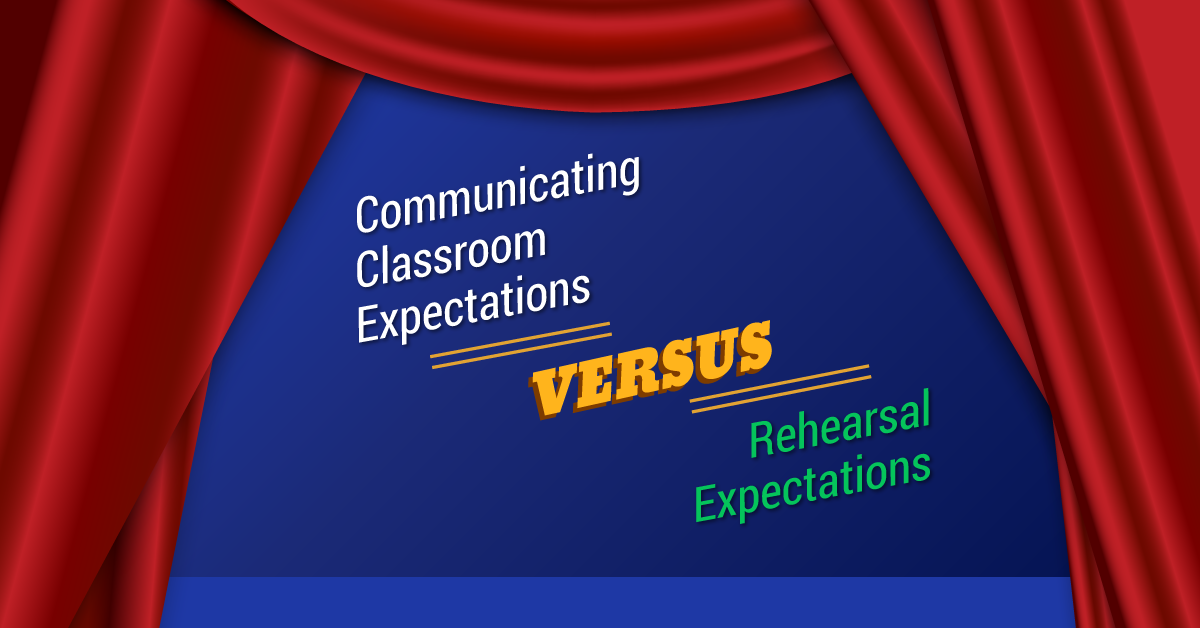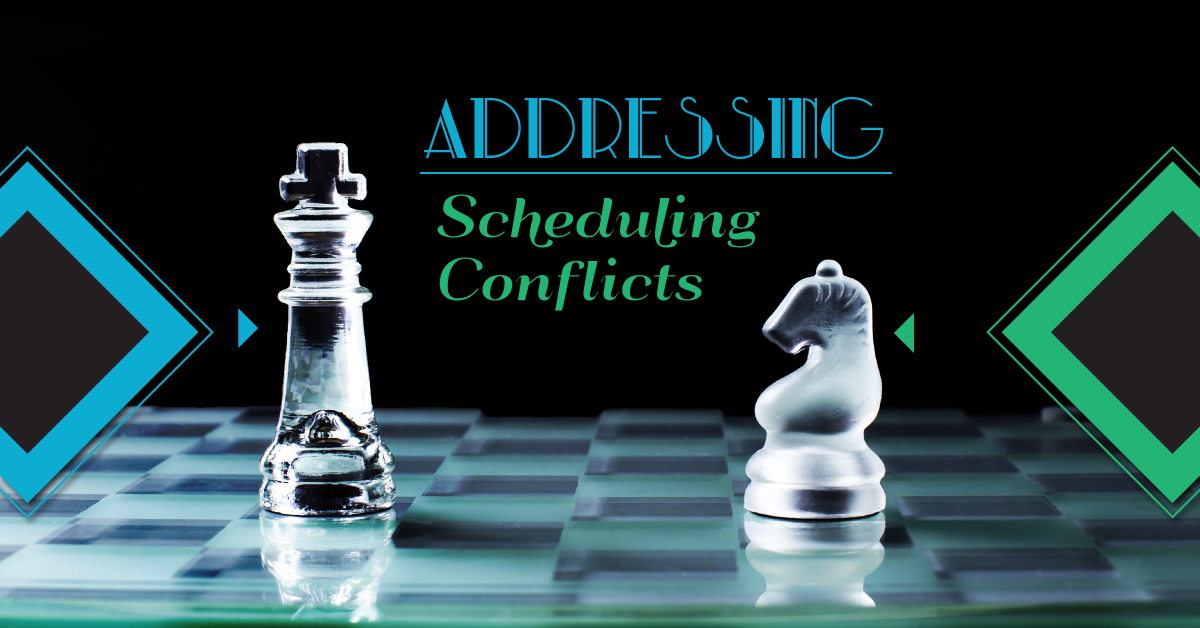Agatha Rex by Lindsay Price is a bold high school take on Antigone - packed with heart, conflict, and a powerhouse ensemble. One girl. One stand. One huge risk. *NEW COMPETITION VERSION AVAILABLE!*
Adjusting Your Expectations During the Rehearsal Process
We all have grand plans when we’re directing shows. We want our students to engage with the material and rise to the challenges presented. We want our shows to look spectacular. However, in the theatre, as in life, sometimes things don’t go the way we want them to. Teachers often must adjust their expectations during the rehearsal process. It’s not easy, but here are some tips that can help.
Be willing to be flexible.
Sometimes you must adjust your expectations because things aren’t going well. For example, imagine that you’re directing a musical, and your students are having a difficult time with the choreography in a particular number. What can you do in this situation?
You might:
- Offer extra rehearsal time for students to come in and practice
- Take some students who are struggling out of the dance
- Move the stronger dancers to the front of the group
- Ask the choreographer to adjust the moves to make the dance easier
- Make a recording of the choreography for students to practice at home
- Make the number shorter
- Cut the dance section out
You’ll need to consider students’ feelings when you make your decision – will the change affect morale? Will it make students feel relieved, or like they’re being punished? It’s important to consider each situation individually and communicate your thoughts with your students, as well as your artistic team. Your students may be relieved to hear that a difficult dance number has been cut from the show, but your choreographer likely will not be happy that all that hard work was tossed out.
Figure out the root cause of the problem.
It’s frustrating when your students appear to not care about rehearsals or the show. It’s easy to write them off as unfocused, unengaged, or immature if they are not delivering the results you had hoped for in rehearsal. If this happens, try to take a step back and figure out the underlying cause of the problem. Are they overloaded with homework? Is something going on at home that is bothering them? Do they not understand the text? Are they having trouble with the choreography, but too embarrassed to ask for help? Don’t assume that they don’t care or aren’t trying hard enough. Also, consider your students individually. Is one student bringing down the rest of the group, or is it truly the full group that is having issues?
Communicate clearly with everyone.
Talk to your students. Talk to your team members. Talk to your volunteers. Check in with everyone and find out what’s going on with them. If possible, take five minutes at the beginning of rehearsal and let them express their concerns or frustrations. Alternatively, let your team members know that they can pull you aside after rehearsal, send you a note, or email you with any issues they might have. Clear communication can solve many problems before they arise.
Pick your battles.
Imagine you’re directing a big show like The Wizard of Oz, with a huge ensemble of munchkins, Emerald citizens, jitterbugs, apple trees, optimistic voices, and so on, on top of all the named characters. Some elements of the show are non-negotiable. Does Dorothy need a pair of ruby slippers, and does she need to be able to sing “Over the Rainbow” like a champ? Absolutely. Does every Emerald citizen need to be in head-to-toe green, or can they get away with green tops and black bottoms? Do the jitterbugs have to be able to tap dance, or can they do a less specific style of dance? Does it matter if some of the Munchkins are taller than Dorothy? Do you want a real dog to play Toto, or will you use a prop? Or cast a student to play the role? Decide which elements of the show are non-negotiable, and which elements have some flexibility.
Express to your students your expectations and non-negotiables for the show as clearly as you can. Find out what their expectations are. See if they are on the same page as you. Also, try asking students for their input. Sometimes they’ll have great ideas — use them! Your students will rise to your expectations when they feel like their ideas are appreciated and useful. The process will feel collaborative, rather than like a dictatorship.
Working on a show with your students is a balancing act. As the teacher and director, you need to be sympathetic to your students, but avoid letting them off the hook. You need to challenge your students without pushing them beyond their capabilities. You need to have a clear vision, while being open to change. And ultimately, the process needs to be fun – otherwise, what’s the point?
Related Articles
The Drama Classroom Companion
by Lindsay Price & Kerry Hishon
The Drama Classroom Companion is filled with articles and exercises to build the skills needed for theatrical performance as well as real world skills like creative thinking, critical thinking, collaboration, and communication.
The Rehearsal Companion
by Kerry Hishon
You’ve chosen the play, paid the royalties, done the script analysis, held your auditions, and cast the show. Tomorrow is the first rehearsal. Are you ready? Really ready? The Rehearsal Companion can help!





